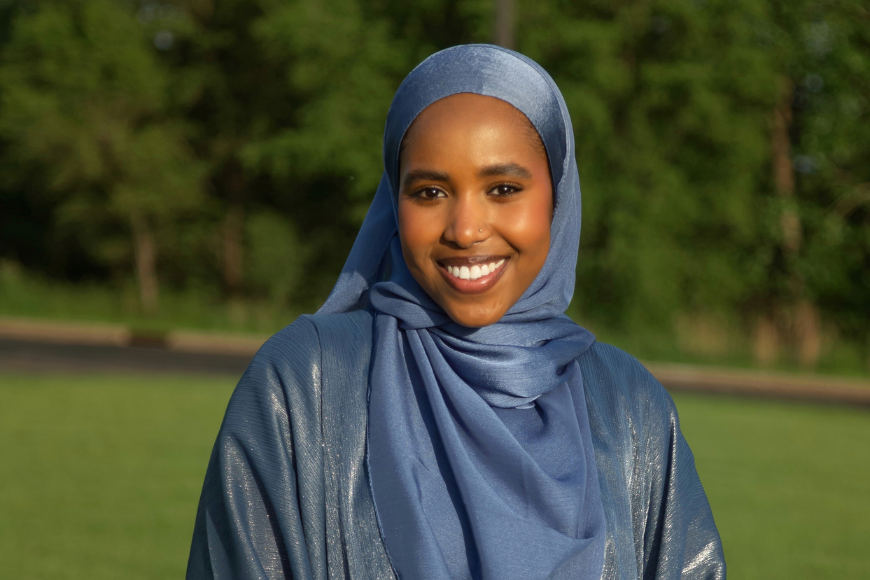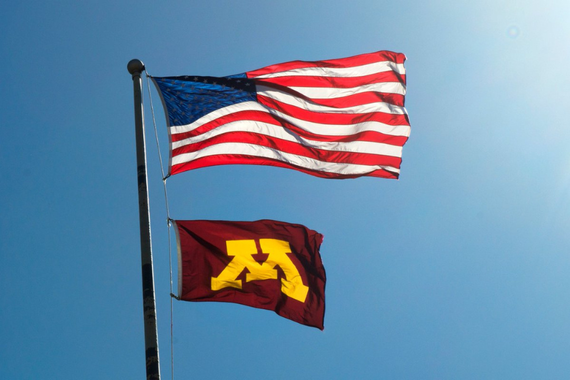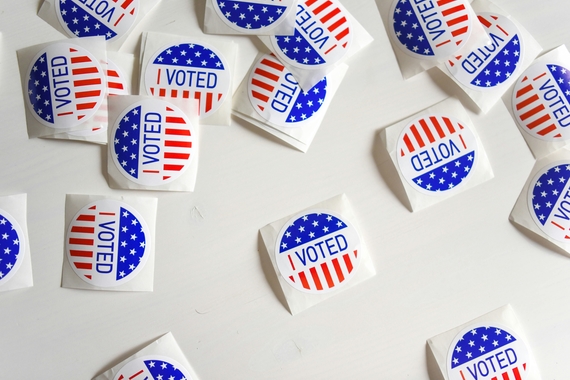Community Matters
Student body president Rahma Ali has a powerful message for the Class of 2028: community matters.

In August, Ali took the stage in 3M Arena at Mariucci to welcome thousands of new students to the College of Liberal Arts and emphasize the importance of building connections. “The power and support of those around you will shape your experiences and allow you to reach your potential,” she shared. “Look around you and know that you’ll all be a part of each other’s experiences some way or somehow.”
For Ali, these aren’t just words of wisdom, they are her lived experience. Her own community – family members, professors, fellow members of the student body – has helped shape her time in CLA as a student leader and scholar, and inspired her to dream big about what’s next.
What brought you to the University of Minnesota and how did you end up choosing your major(s) and minor(s)?
What brought me to the University of Minnesota is my whole family being huge fans of the University (half of my siblings are students here), the campus community, and my interest in pursuing a graduate degree here at our medical school In Shaa Allah Khair.
There are so many qualities at the University that have made this school a great school and qualities that have stood out to me since my freshman year is support from my peers, friends, staff, and community members.
What attracted me to study Biology, Society, and Environment is the perfect combination of prerequisites for medical school and liberal arts/humanities-focused courses. Yes, I wanted to major in biology since high school but I did not want to focus on just that subject; I wanted to make sure there was diversity in my course curriculum.
Which CLA class or professor has had the biggest impact on you? Why?
I took ENGL 3505: Protest Literature and Community Action taught by Eric Daigre my junior year, and that had a huge impact on my studies and day-to-day life throughout that semester. Professor Eric Daigre is an amazing professor and makes sure his students feel as comfortable as possible with the course materials, the structure of the curriculum, and facilitation. He cares about every word of our feedback not just at the end of the semester but throughout every week. I've had the opportunity to nominate him for a CLA Professor Award recently so we're still in touch, and he inspires me to always keep going no matter what.
How has your internship experience helped prepare you for your career?
The Minnesota Advancing Science and Enhancing Diversity Program I was a part of for my junior year summer had a two-in-one internship and research opportunity which allowed me to be able to gain the skills of an internship as well as engage in research on study through the Department of Family Medicine. My main takeaways were the weekly internship seminars and hearing University faculty talk about their studies and how to conduct research really opened my eyes to the ethical standpoints to keep in mind for every step of any research process. My first research involved Community Based Participatory Action Research (CBPAR) focusing on ‘Exploring the Interplay of Generational Trauma, Mental Health, and Parenting Styles in Somali-Diasporic Communities’.
Tell us about learning abroad. Where did you go and what were some highlights?
For my study abroad experience, I recently went to Quito, Ecuador for the Health in the Andes study abroad program through the Pre-Health Student Resource Center as a Health Profession Pathways Student, and it was one of the most incredible experiences ever. I was able to learn so much about and from the Ecuadorian community. Everything from their culture, day-to-day lives, amazing food, traditions, and so much more. The main focus of the program was comparing healthcare systems–Minnesota’s specific healthcare plans and actions compared to Ecuador’s universal healthcare. It was very interesting learning about Ecuador’s universal healthcare system, and this program allowed our cohort to be able to see their process by shadowing physicians in the osteopathic field of medicine.
Pre-Health Student Resource Center Spotlight
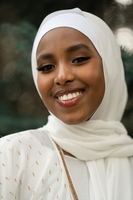
"As a First-Generation student, she is always so passionate about leading a path not only for herself but also for her younger siblings, and all of her peer mentees through the President's Emerging Scholars (PES) program. Her hobbies include spending time with her friends on campus, and her family off campus as she is a commuter student. She really enjoys any outdoor activities, specifically hiking/long walks, and spending her extra time doing student advocacy, volunteering, and fundraising opportunities throughout campus as well as off campus communities."
How has having a mentor made a difference in your college career?
I'm a President's Emerging Scholar in CLA, and I frequently met with my mentor Adam Elmi before eventually becoming a mentor myself to about 28 first-year students. Adam is on a pre-medical track himself and having him as my mentor helped me out a lot throughout my first and second years. Everything from recommending his favorite classes and professors, to sharing studying tips and tricks, and sharing life advice. He really inspired me as a mentor to the point where I applied and got hired to be a peer mentor myself.
What are some ways you have led during your time as a college student? What have those experiences taught you?
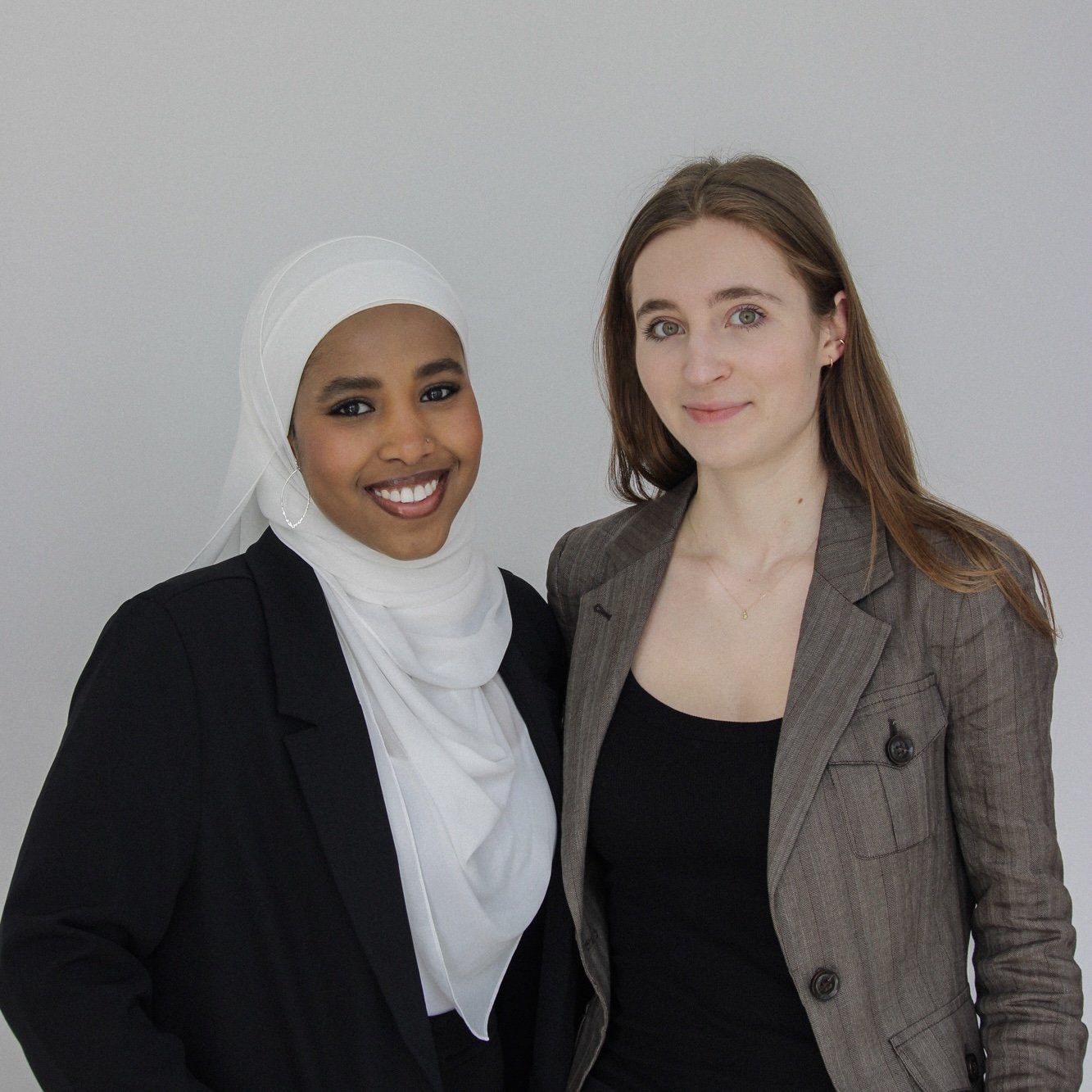
I've been engaged with the Undergraduate Student Government (USG) organization since my freshman year and have taken a leadership role throughout my senior year. My first year, I started off as an intern through the internship program. For my sophomore year, I was elected for a (student) staff position to represent student group representatives within student government. Junior year, I got the opposite perspective of that position and represented a different student group I was a part of: the United Mission for Relief and Development.
Now I have the honor of representing the Undergraduate Student Body as the President of the Undergraduate Student Government. I am very fortunate to work with such amazing student staff representing our student body in various ways throughout the organization. I couldn't ask for a better team to work with and to meet with our staff, faculty, administration, student leaders at our Twin Cities campus and across our system campuses, and larger university community.
Rahma's advice to students this Election Year
If you are registered and eligible to vote, VOTE. Being eligible to vote is a privilege and taking the action to go vote is a very important part of recognizing that privilege. Representing communities we come from is a crucial part of many of our day-to-day lives, and what better way to represent than being registered and voting on election day to best voice for the decisions that affect our communities.
What's next on the horizon?
I am currently preparing to take the MCAT and getting through the remainder of my STEM pre-requisites for medical school. My initial goal was to go into pediatrics until I had a switch up in my career interest after shadowing internal medicine physicians. I've been pretty set on that path for a few years now and hope to still be interested in it even after medical rotations. I've also had the opportunity to reach out to a student who is dual enrolled in a Master of Public Health and MD program (MPH/MD) at the Medical School, and hearing about their experience so far has allowed me to look more into the program. As one of my minors is Public Health, I've had the opportunity to take courses focusing on what public health is and making sense of health studies and global public health issues. I want to be able to tie my knowledge of public health with my interest in pursuing a medical career. So now I'm looking at two options for my career focus. I've conducted research for two summers now through different programs and have been very interested in continuing to participate in community based participatory research or any type of clinical research focused studies.
